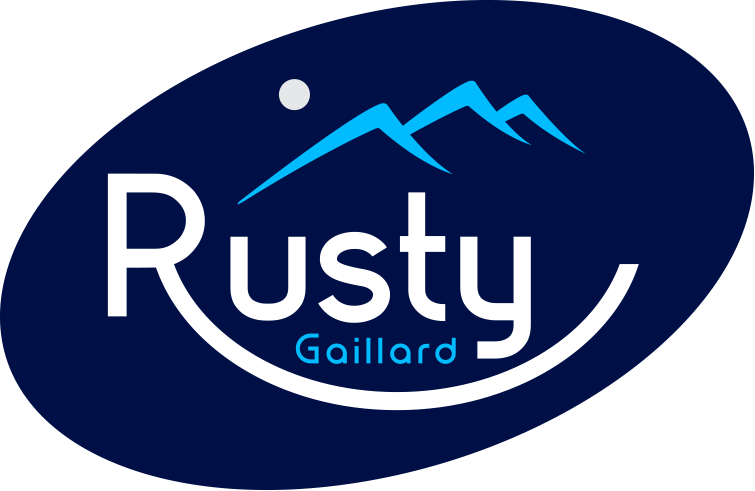Your Work Doesn’t Speak For Itself. You Should.
For smart high-achievers, it’s common to believe that "my work speaks for itself." This mindset may have served well in earlier career stages, but it’s not true after mid-career, and it can become a significant barrier to your advancement and influence.
The Hidden Cost of Silent Excellence
Consider a scenario familiar to many corporate leaders: You're delivering exceptional results, meeting every deadline, and solving complex problems with innovative solutions. Yet somehow, your impact seems to go unnoticed while others - perhaps with similar or even lesser results - continue to gain resources, recognition, and opportunities for growth. This isn't just about feeling under-appreciated. The real cost manifests in limited resources, missed opportunities for team expansion, and reduced organizational impact.
The Cost of Letting the Work Speak for Itself
When leaders remain silent about their contributions, they diminish not only their own growth potential but also their team's ability to create broader value for the organization.
The Origins of Our Silence
The reluctance to speak about your achievements often stems from deeply ingrained beliefs. High achievers, typically at the top of their class or peer group, were frequently taught "don't brag" or "let your work speak for itself." These well-intentioned messages, while teaching humility, create lasting discomfort with owning and communicating your contributions.
Why Results Alone Aren't Enough
As your career progresses, an interesting shift occurs. Early on, your immediate supervisor closely oversees your work, understanding its intricacies and value. They can directly evaluate quality, initiative, and impact. At more senior levels, leaders operate with broader scope and less direct oversight. Your boss is no longer an expert in your specific domain, and they rely on effective communication to understand the value being created.
Reframing Self-Promotion as Service
The key to breaking free from this pattern lies in shifting your perspective. Rather than viewing communication about results as self-promotion, consider it an essential service to:
Your team, whose efforts deserve recognition and resources
Your organization, which needs visibility into valuable initiatives
Your stakeholders, who benefit from understanding the impact of your work
Building Your Communication Strategy
Effective communication about your work requires both meals and snacks. The "meals" are comprehensive reviews of strategy, priorities, and results - formal presentations or updates that provide the full picture. The "snacks" are brief, natural references to successes and initiatives woven into daily interactions, keeping your work visible without overwhelming others.
Done effectively, the meals and snacks work together to provide a cohesive picture for others of the results you and your team deliver. For more depth on these concepts, listen to the full episode on Do Something Different.
Embracing Discomfort
The transition from silent achiever to effective communicator often feels uncomfortable, because it’s breaking a long-standing habit. Rather than signaling something wrong, this discomfort actually indicates progress. It means you're breaking free from limiting patterns and developing new capabilities essential for higher-level leadership.
The Path Forward
Breaking free from the excellence trap doesn't require becoming someone you're not. Instead, it involves developing an authentic voice for sharing your team's impact and value. Start small, with "snacks" - brief mentions of successes or initiatives in relevant contexts. Pay attention to how others do this effectively. Notice which approaches feel most natural to you.
Remember, your ability to communicate value isn't just about personal advancement - it's about creating opportunities for your team to have greater impact and for your organization to benefit fully from your contributions. When you embrace this broader perspective, you transform what might feel like self-promotion into genuine service to your organization and team.
The journey from letting your work speak for itself to becoming its effective advocate may challenge long-held beliefs. But this transformation is essential for leaders who want to create lasting impact and drive meaningful change in their organizations.
Your excellence deserves a voice - and your organization needs to hear it.



